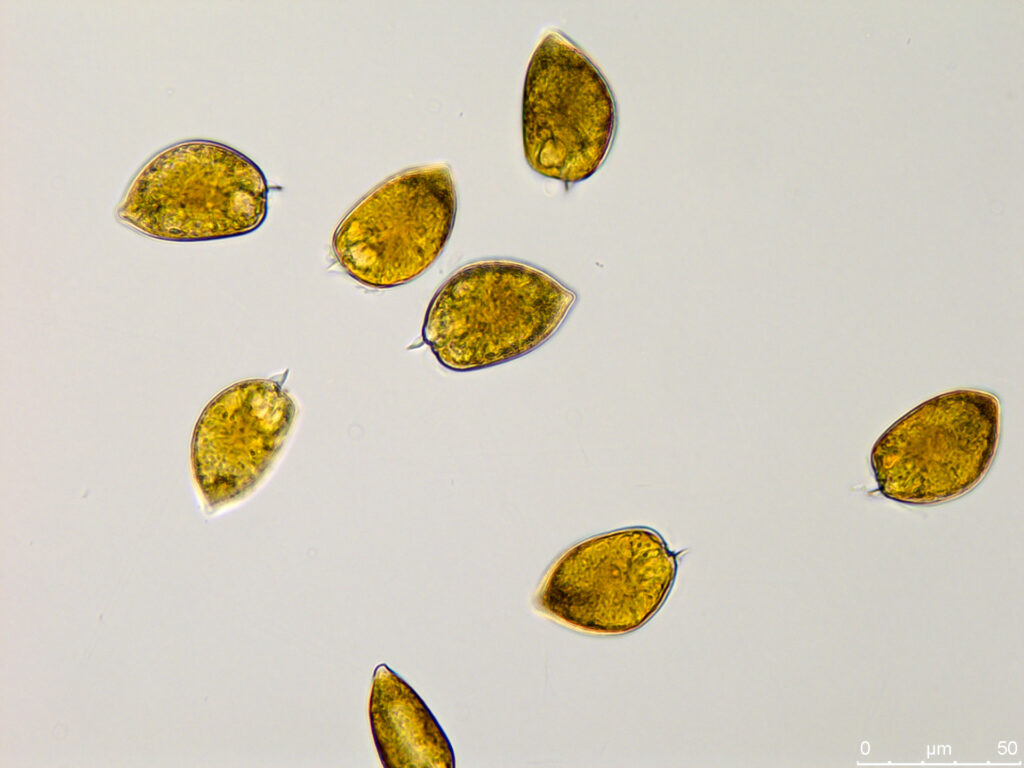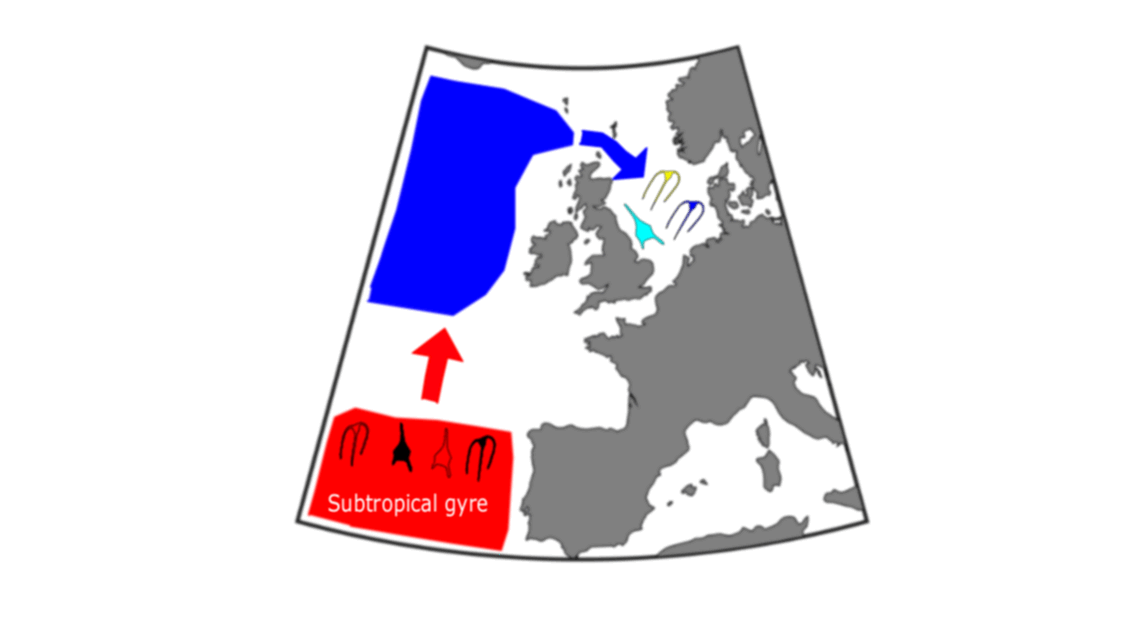New study reveals link between climate change, oceanic circulation and dinoflagellates

Researchers have led a study to discover why dinoflagellates are declining in northern regions of our ocean.

Climate warming poses a significant threat to marine ecosystems worldwide, and scientists have documented considerable changes in plankton in the Northeast Atlantic.
Plankton are a diverse collection of tiny organisms found in water. They are a vital food source for many organisms and their activity in the ocean helps regulate the absorption of carbon from the atmosphere to the ocean.
Dinoflagellates are single-celled organisms with two distinctive hair-like structures called flagella. They are a significant component of phytoplankton (plant plankton) and play an important role in the marine food web and oceanic carbon cycle.
Scientists have observed that the abundance of large marine dinoflagellates has declined in the North Sea since 1958.
Although theories have suggested this decline could be due to increasing temperatures and wind, the reason behind falling populations has remained a mystery.
Researchers from the Continuous Plankton Recorder (CPR) Survey based at the MBA have led a study to assess the long-term changes in dinoflagellate biomass and biodiversity to see if there is a link to large scale climate patterns and oceanic circulation in the North Atlantic.
 Animation of link between climate change, oceanic circulation and dinoflagellates. By Loick Kleparski.
Animation of link between climate change, oceanic circulation and dinoflagellates. By Loick Kleparski.
The results reveal that regional climate warming has induced a northward movement of subtropical species, facilitated by marine currents. However, a major change in oceanic circulation during the last decade has stopped this movement and induced a biodiversity collapse in the North Sea, while dinoflagellates biomass has remained low because of warming.
In the context of climate change, it is usually assumed that marine species are going to shift their spatial distribution toward northern cooler regions, to cope with increasing temperatures. However, results from the study published in Global Change Biology challenge this view and show that a warming ocean will not result in dinoflagellates simply adjusting their spatial distribution northward. They will also need to be advected by the currents into the regions where the environmental conditions will allow their survival, which will strongly influence their response to climate change.
To find out more, read the full paper: https://onlinelibrary.wiley.com/doi/full/10.1111/gcb.17163

